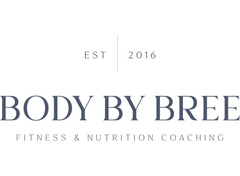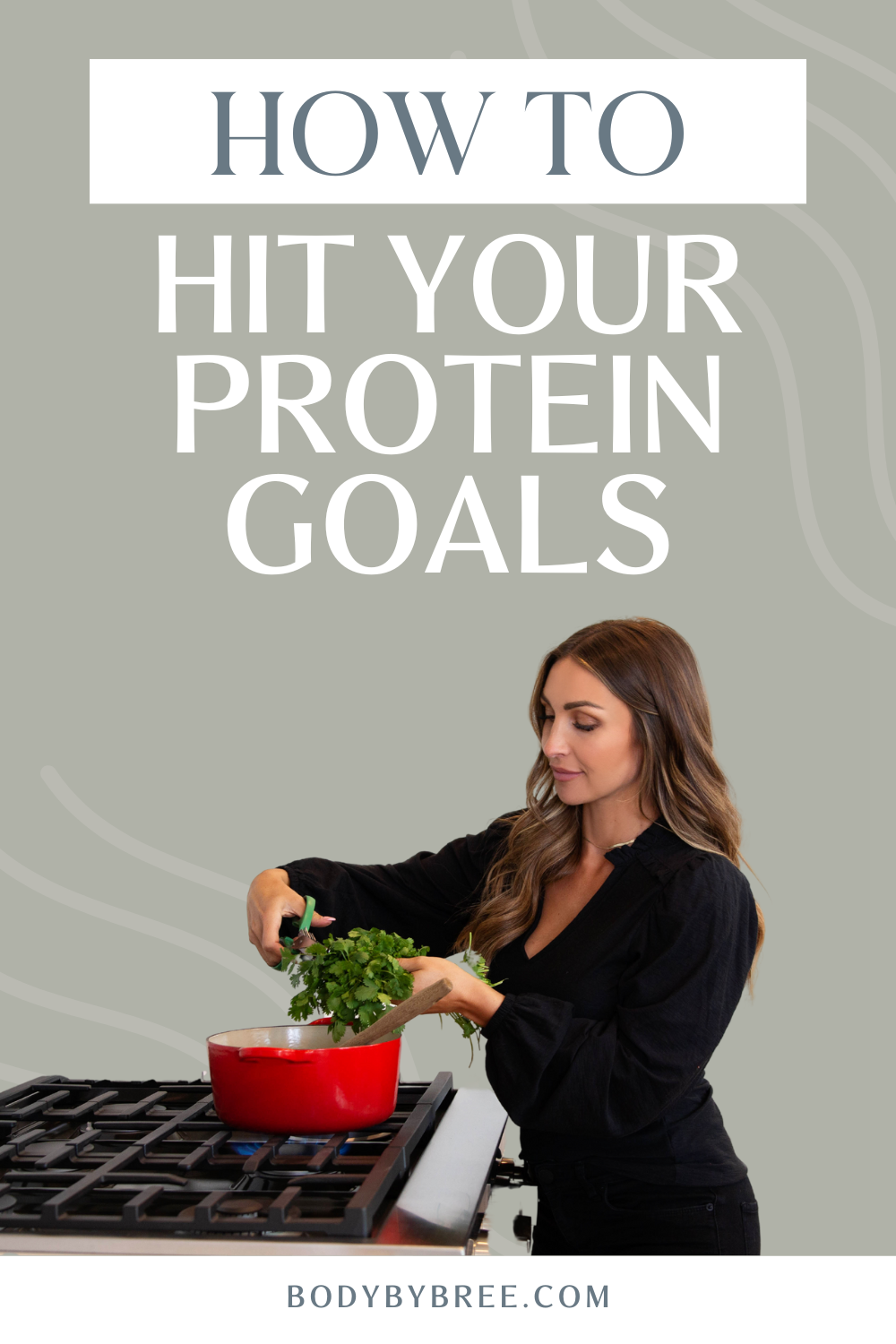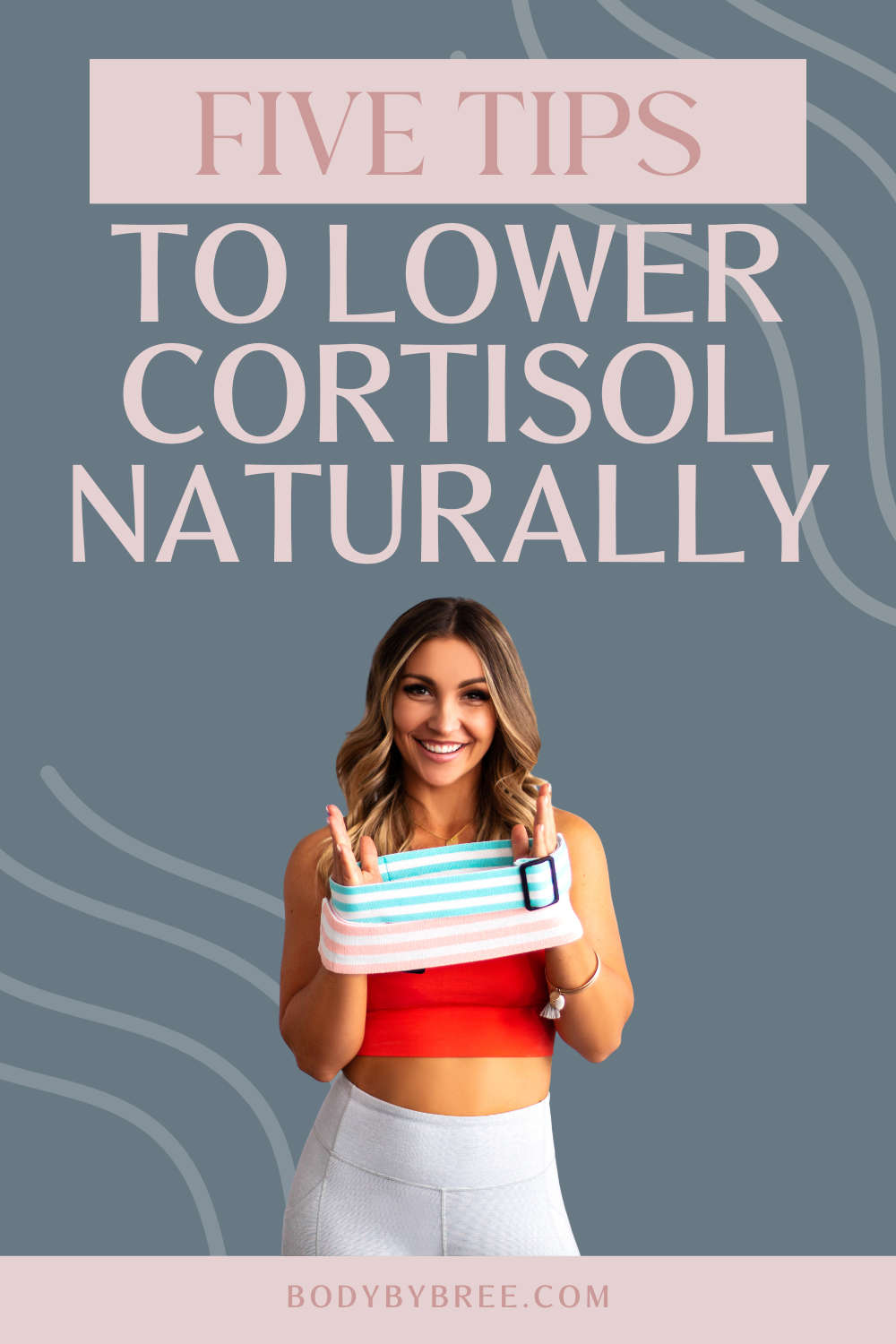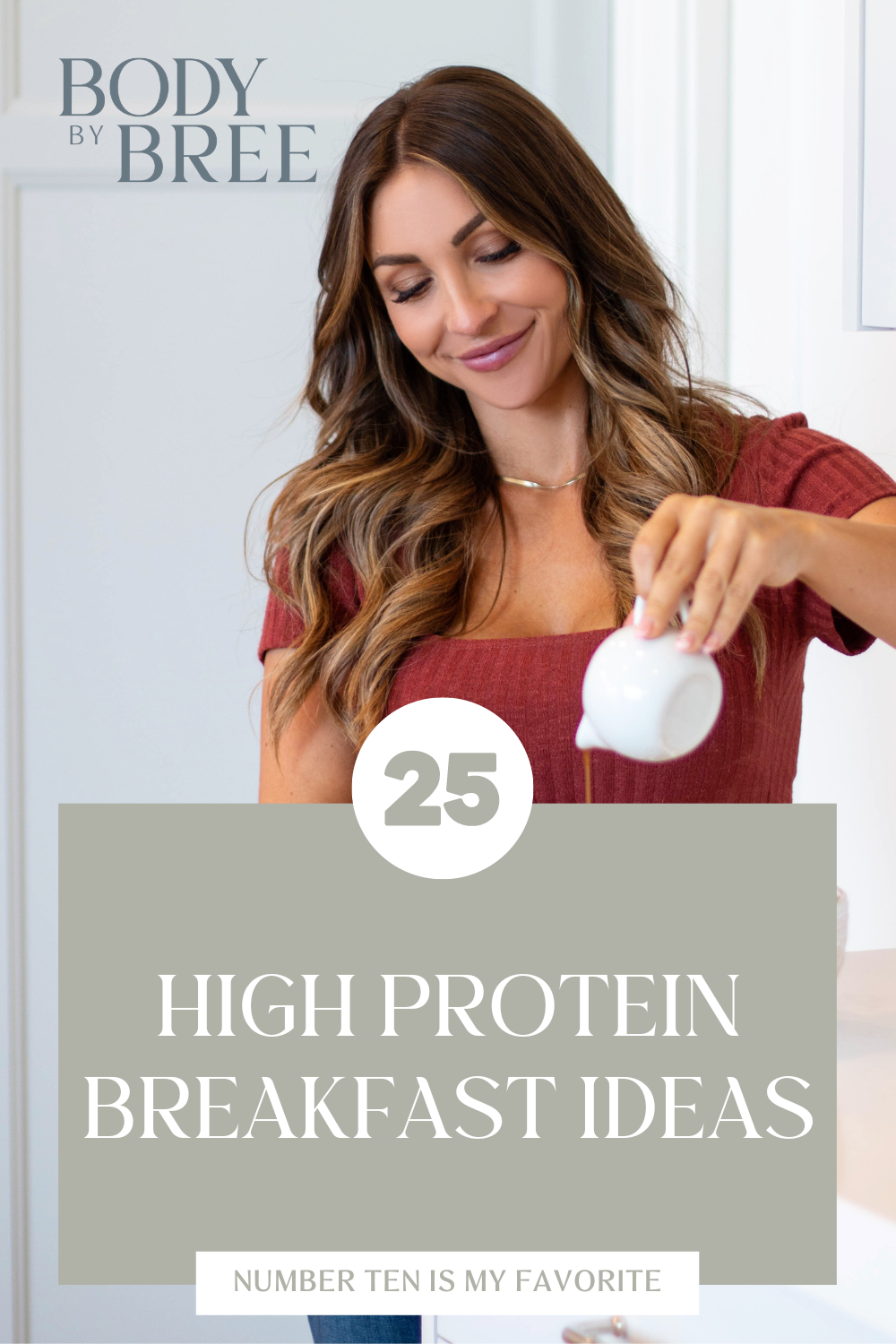
Creating a healthier, happier you.
REASONS WHY YOU'RE EXPERIENCING FATIGUE AFTER EXERCISING

Feeling More Exhausted Than Energized After a Workout? Here’s What You Need To Know.
Have you ever been in a season – or maybe you’re in it right now – where you’ve been counting macros and working out frequently but instead of feeling energized, you just feel pooped all the time? It’s super frustrating when your hard work doesn’t feel like it’s paying off or that it’s paying you back with exhaustion.
One of the questions I ask my clients during our check-ins is, “Do you have energy after your workout?” If the answer's no, it’s an immediate indicator that we need to look at three key things. 1. Are they eating quality food and getting their micronutrients in? 2. What are they eating directly after their workout and when? 3. Are they eating enough calories and a variety of foods to accomplish their goal?
So today, I'm going to share with you how nutrient timing, micronutrients, and reverse dieting all play a key factor in your nutritional and fitness progress and how they can help you feel your best every day. (If you’re at the beginning of your fitness/nutrition journey, don’t worry. I’m going to break these down in super simple and easy terms so they can help anyone looking to learn more.)
DON'T MISS THE MICRONUTRIENTS
First, let's talk about the importance of micronutrients. You've probably heard me talk a lot about macronutrients, and I’m sure you hear that word all the time on the internet and with macro coaches and how important it is to track your carbs, your fats, and your protein. But micronutrients are just as important!
Micronutrients are essential vitamins and minerals that your body needs to operate at full capacity. In general, your body needs all of these for energy production, immune function, blood clotting, and even bone health. So it’s already important for you to prioritize these even in seasons of rest, meaning that it becomes even more important when you’re moving your body consistently.
Here are five examples of some main micronutrients to include in your diet:

These vitamins and minerals are going to play a huge role in maintaining your overall health even if your goal is to tone or slim down. When I teach my clients about nutrition, it's not just about how to lose weight. I don't care as much about the weight you lose if you aren't doing it in a healthy way. If your body's not able to sustain your everyday activities with friends and family, you're missing the whole point, right? Most people don’t realize how good they can feel if they pay attention to the quality of their food and not just the quantity of their calories.
Let me give you an example. When I first started tracking my food fourteen years ago, I thought, “Well, if a carb is a carb, then instead of eating an apple, I'd rather have chips or an ice cream cone 'cause it's the same amount of carbs.” I wasn’t necessarily wrong, but I quickly realized that I felt like crap and didn't understand why. I was tired, groggy, and bloated, and even though it was the same amount of carbs, the way my body responded to an apple versus an ice cream cone was very different.
So I started getting in tune with how I felt after eating certain foods. I did Whole30 when I realized that my gut health needed a reset, and I also did a few rounds of antibiotics when I had a kidney infection. And I could not believe how much better I felt when I was eating vegetables with every single meal and limiting how much sugar and refined carbs I was eating. I had so much energy. I felt like I was on caffeine pills because I was eating whole unprocessed foods full of micronutrients!
TIPS:
If you're looking for some delicious recipes to start incorporating more whole foods into your diet, you can always check out my Nourish cookbooks.
TIMING IS A GAME-CHANGER
The next thing I look at when talking to my clients is nutrient timing. If you're feeling really tired after your workout, that is not normal. It should be one of the first clues that you are not eating enough after you exercise. You actually can manipulate your macros to work for you, and you can stack your carbs right after your workout.
This technique is called nutrient timing. With clients who have been with me for a while and know how to manipulate their macros, I will teach them how to eat more carbs right after their workout to utilize their glucose efficiently for more energy.
Here’s the breakdown for nutrient training:
- You want to eat about 25 to 30 grams of carbs before your lifting session to give you energy.
- Eat around 25 to 50 grams of carbs and around 20 to 30 grams of protein after your workout within a 30-minute window to make sure that you're replenishing your glucose levels.

This will help prevent your body from using muscle as fuel, so you'll feel more energized and strong after your workout instead of depleted, AND you’ll be maintaining the muscle mass you’re building.
TIP: If you’re anything like me, it can be hard to get food in right after working out. Sometimes the day just gets away from me. But knowing that about myself and my routine helps me plan for the next trip to the gym. It takes a bit of prep, but I promise packing that meal/snack/protein shake is worth it. Do not be the person that waits two hours to eat after they work out. No more missing your window and starving your muscles. If you take the time to eat and replenish, you'll have so much more energy!
REVERSE DIETING MAY BE THE KEY
My last tip for you is the opposite of what you might be expecting to hear from a fitness coach, but it’s so important. If you’ve done all you can to align your nutrient timing and get those micronutrients in your diet and are STILL feeling rundown, it’s time to reverse-diet.
My rule of thumb with clients is this: if they've been dieting for a few months, hit a plateau, and cannot go any lower with their macros, we will slowly start to add carbs and fats back into their diet to help speed up their metabolism and make sure their hormones stay healthy. At the start, some people will ask, "Well, isn't that counterintuitive?" I understand you may be nervous that this will undo your progress, but your body needs fuel to move forward.
If a client does this correctly, they usually will not gain weight when they reverse-diet because they can maintain their results but eat a lot more food than they think. All you have to do is slowly add food back into your diet. You can't do it all at once, or you will gain weight. There's a method to it. If you need help, I can always walk you through this process, but once you've adapted to more food and your body is running efficiently, then you can do a cut again in a few months, and your body really should respond this time. I'd love to help you figure out a custom macro count for your body if you're trying to reverse out of a deficit or move into one.
How do you reverse-diet?
- I usually have my clients start by adding about 25 grams of carbs and around five grams of fat, and then we see how their body handles it over the next week or two.
- If you haven't gained any weight, then we'll add another 25 grams of carbs and five grams of fat.
- Wait another two weeks.
- If you’re still not gaining and your body's loving the extra food, you just keep increasing until you feel that your body starts to hold onto the weight and then stop.
That's how to find your maintenance calories, and once you solidify that number, that’s really where you should stay. You don't want to be in a deficit forever. That's not healthy for you. You have to protect your hormones and your metabolism, and this is how you'll see optimal results.
When I had my third baby, Mila, I was dieting a little too hard and for a little too long, so I decided to reverse out and was shocked. I was eating 1,400 calories a day, about 140 grams of carbs a day, and then I reversed up to 1,900 calories and 200 carbs a day. I didn't gain one pound, my body didn’t change, and I felt amazing. I could lift heavier, I had more energy, and I stayed there for eight months until I started losing weight again.
Above all, I was able to level out my hormones. So now when I'm going to do a cut, I start from 1,900 calories instead of starting at 1,400, and my body's going to respond. Remember, the goal is to be able to eat as much as you can while still seeing results.
DON'T BE AFRAID TO ASK FOR HELP
At the end of the day, if you feel depleted or tired, I want you to walk through this checklist in your mind.
- Are you eating enough dense foods to get your micronutrients in?
- Are you eating enough carbs and protein within 30 minutes of your workout?
- Have you been in a deficit for too long, and do you need to reverse out?
If you need help navigating your nutrition, I am a fitness/nutrition specialist and would love to help you develop a customized macro count or walk you through an eight-week program. You don’t have to do this alone, so get in touch today and let’s get you the resources and support you need!


I'm a mom of 4 and have been a certified personal trainer with specialties in pre- and postnatal fitness for 13 years. I'm also a certified nutrition specialist and certified meditation and mindfulness coach.
I am passionate about helping women change their lifestyles to be the healthiest, happiest versions of themselves and I've seen it happen for thousands of women.
I'm glad you're here!


Community. We are a team and community of women committed to the creating the best in each other and ourselves. We lift, encourage, invite, and educate.
Movement. We know that moving your body makes your feel good and function better! Let use help you gain confidence and strength in your body.
Nutrition. Health starts from the inside out. We believe that balance and sustainability are best practices for achieving success in a healthy relationship with food.
Mindset. In focusing on your holistic health, we know the powerful effect mindset has your health and wellness. Learn techniques and practices to that ground you in habits for overall well-being.
LISTEN UP
GET THE GOOD STUFF
Ready to try something new?

Enjoy 4 recipes from the Nourish Spring/Summer and Fall/Winter Collections to get a jumpstart on implementing delicious balanced meals in your kitchen.
NOURISH FREEBIENeed some help reaching your protein goals?

BodyByBree Proteins are formulated to give you the highest quality, best-tasting protein supplement available. Plus it's safe for kids, pregnant and nursing moms.
BODYBYBREE PROTEINTake the guesswork out of your workouts!

You show up and we do the rest. BodyByBree training programs are programmed specifically to maximize your results and make it easy to follow.
GET STARTED









